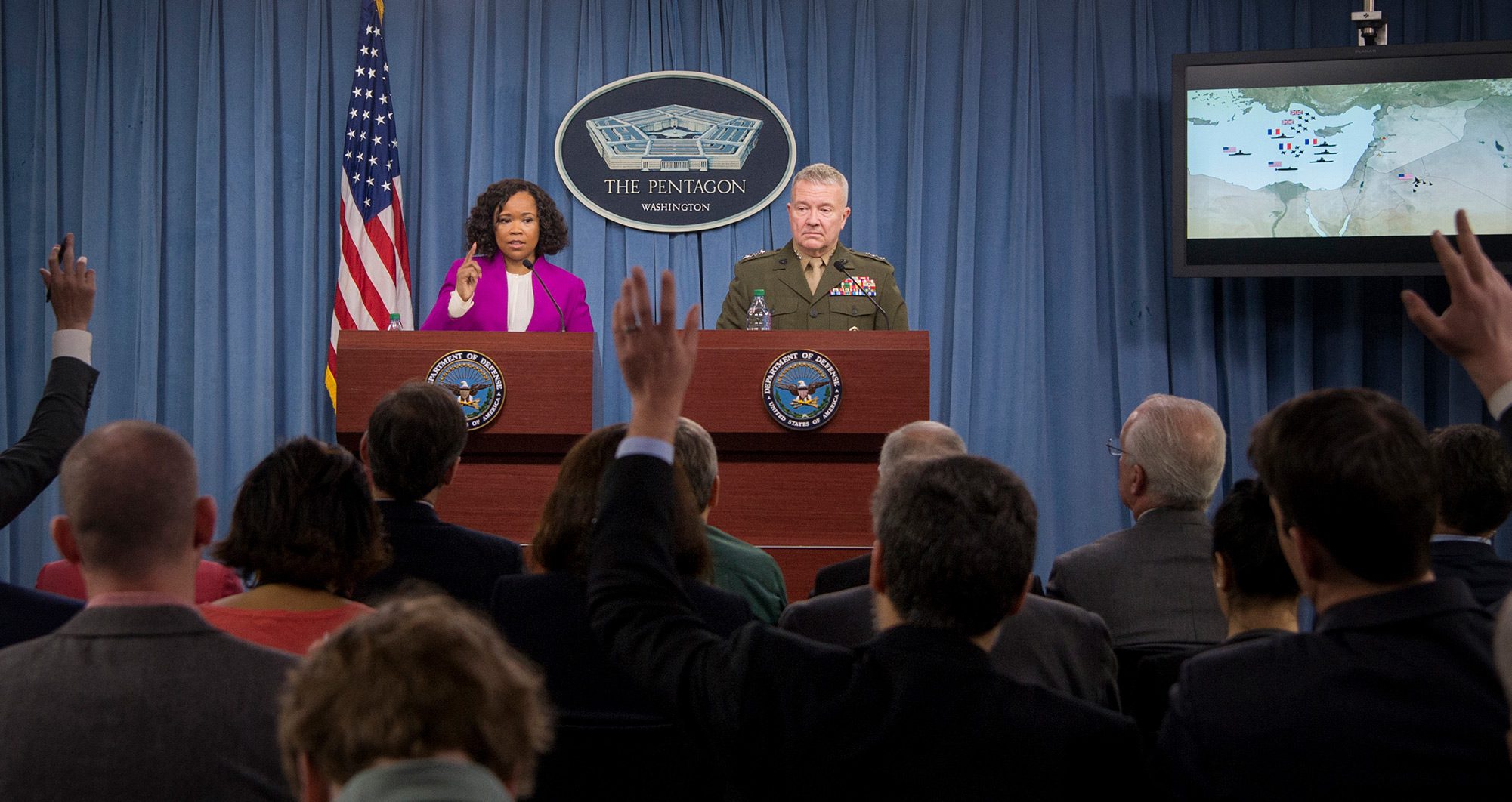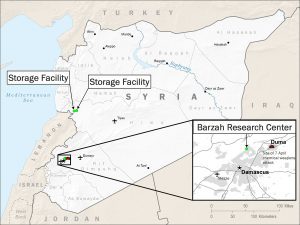On April 13, the U.S., U.K., and France launched attacks on Syria attempting to cripple Syrian President Bashar al-Assad’s chemical weapon use. The message was in response to the Syrian regime allegedly killing at least 45 people and sickening hundreds of others in an April 7th poison gas attack on Douma, Syria.
This wouldn’t be the first time Assad’s forces attacked civilians. Back in 2013, the Syrian regime, with use of a banned nerve agent, killed more than a thousand people near Damascus. President Obama had called Assad’s use of chemical arms crossing a “red line,” which may lead to military action, but he never ordered a strike. Instead, Russia helped the U.S. broker an agreement by which Assad gave up many of his chemical arms. But now, years later, the regime has defied that agreement and continued its use of chemical agents. This was not be the first time Assad’s forces attacked civilians with poison gas.
These global treaties that banned the use of chemical arms are being eroded every time Assad gasses civilians. Many countries are worried that this will eventually increase the likelihood of another rogue state or actor using them, as well. This may be one reason why President Trump chose to attack.
Regardless, the response to the chemical attack may not have done much to halt the now seven-year-long war in Syria.
On April 18, the U.S. Senate held a classified administration briefing, which expressed concerns about the administration’s policy on Syria, and on the legal justification for the military strikes against Bashar al-Assad.
According to CNN, Senator Chris Coons (D-Delaware) told reporters after the meeting, “The only thing worse than a bad plan on Syria is no plan on Syria, and the President and his administration have failed to deliver a coherent plan on the path forward.”
What’s next? The confusion surrounding the unknown is enough to make Congress, and the rest of the nation, worried.
If you don’t want to sit and wait to see what happens next, the Leadership Connect people intelligence service helps you to quickly get in touch with federal officials and Members of Congress, whether for a quote or to help get your policy ideas in front of the officials that matter most.
 Dana W. White is the Assistant to the Secretary of Defense for Public Affairs at the U.S. Department of Defense [DOD]. Ms. White also serves as the Pentagon Chief Spokesperson for both the Department of Defense and Secretary of Defense Jim Mattis.
Dana W. White is the Assistant to the Secretary of Defense for Public Affairs at the U.S. Department of Defense [DOD]. Ms. White also serves as the Pentagon Chief Spokesperson for both the Department of Defense and Secretary of Defense Jim Mattis.
 Nimrata Randhawa “Nikki” Haley is the U.S. Permanent Representative to the United Nations at the U.S. Department of State. Prior to this appointment, Haley served as the Governor of South Carolina from 2011 to 2017.
Nimrata Randhawa “Nikki” Haley is the U.S. Permanent Representative to the United Nations at the U.S. Department of State. Prior to this appointment, Haley served as the Governor of South Carolina from 2011 to 2017.
Click here to get started.







